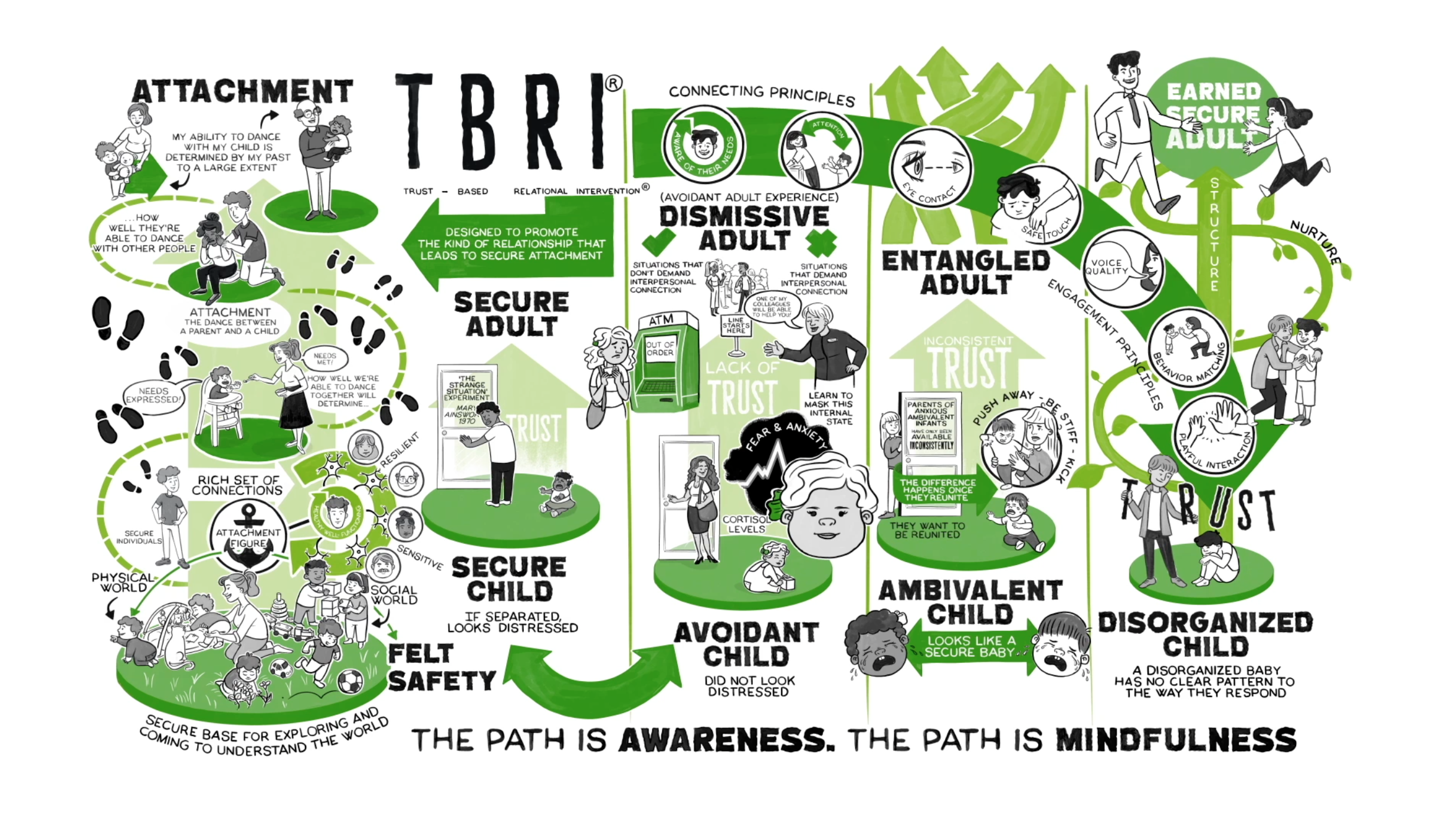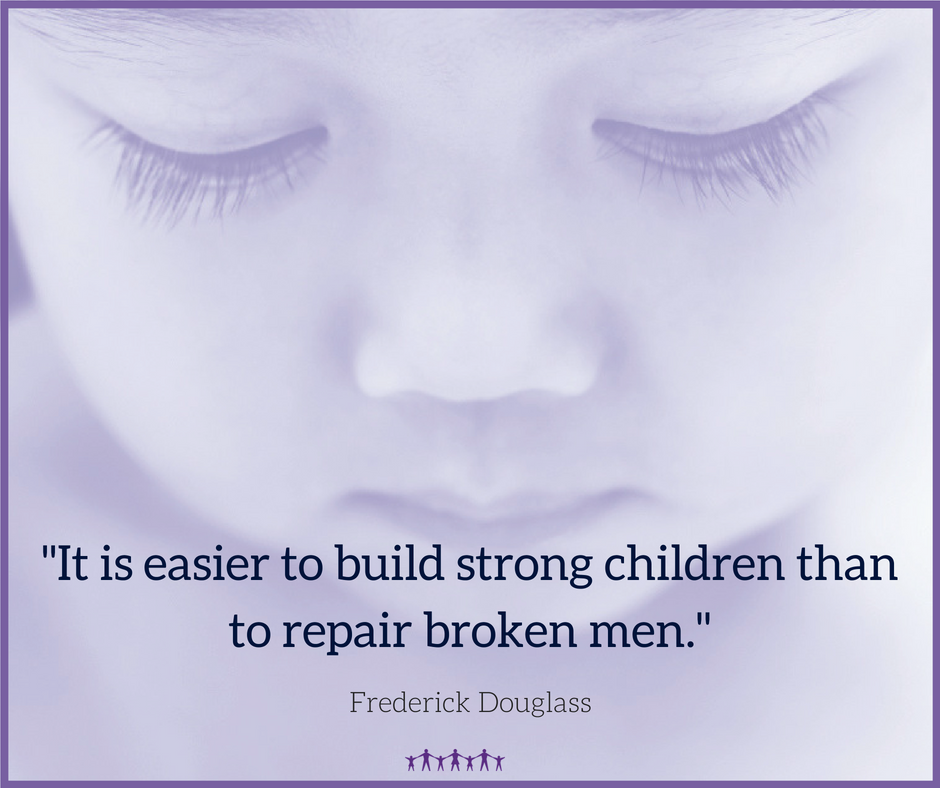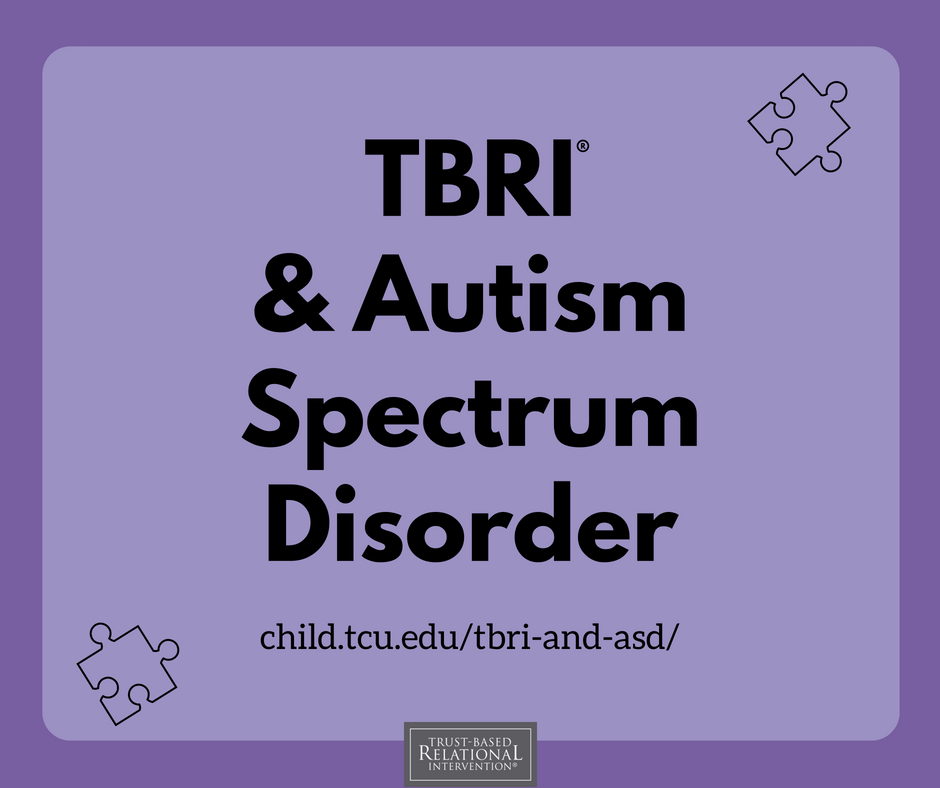by: David Cross, PhD
“How to Be a Poet”
(to remind myself)
by Wendell Berry
in Land, Life, and the Poetry of Creatures
i
Make a place to sit down.
Sit down. Be quiet.
You must depend upon
affection, reading, knowledge, skill — more of each
than you have — inspiration, work, growing older, patience,
for patience joins time
to eternity. Any readers
who like your poems,
doubt their judgment.
ii
Breathe with unconditional breath the unconditioned air.
Shun electric wire.
Communicate slowly. Live
a three-dimensioned life;
stay away from screens.
Stay away from anything
that obscures the place it is in. There are no unsacred places; there are only sacred places
and desecrated places.
iii
Accept what comes from silence.
Make the best you can of it.
Of the little words that come
out of the silence, like prayers
prayed back to the one who prays,
make a poem that does not disturb
the silence from which it came.
Wendell Berry is a great writer, and this is a fine poem. Here he reflects on the writing of poetry, but I think this poem is also about the writing of lives. The writing of poetry is a form of doing, but there is also a poetry of doing. There can be poetry to the life each of us creates, in the moment-by-moment crafting of our daily striving.
Those of us associated with the Karyn Purvis Institute of Child Development and Trust-Based Relational Intervention® (TBRI®) know about great poems, for our guide — Karyn Purvis — has written some of the finest poetry of doing.(When expertly performed, TBRI itself is a poetry of doing.) Most of us on this TBRI journey have seen numerous examples of Karyn’s poetry, including video clips of her work with many children who attended The Hope Connection. We have also seen the poetry of doing in the Still Face Experiment, when the mother and the infant are interacting before the mother’s face goes still. Other examples include the TBRI Animates created by Cynthia Hall, and the Healing Families video series. I imagine that most, if not all, of you have experienced such poetry of doing, whether in your personal lives, or in your professional lives. Perhaps you wrote the poetry, or perhaps someone you know wrote the poetry. (Children are great poets, at least when they are not robbed of their poetry — after all, isn’t poetry about play and creativity and curiosity?)
If you haven’t experienced such poetry, it is most likely because you haven’t learned how to write it. This is, after all, what Wendell Berry’s poem is about, the writing of poetry. It seems to me that the key to writing poetry — on paper or in action — is mindfulness. This is the topic of Berry’s poem, and this is also the topic of the TBRI journey. “How to Be a Poet” reminds us that mindfulness and poetry both spring from experience and the sacred, and are always situated in time and place. These are worthy reminders as each of us takes our own TBRI journey.
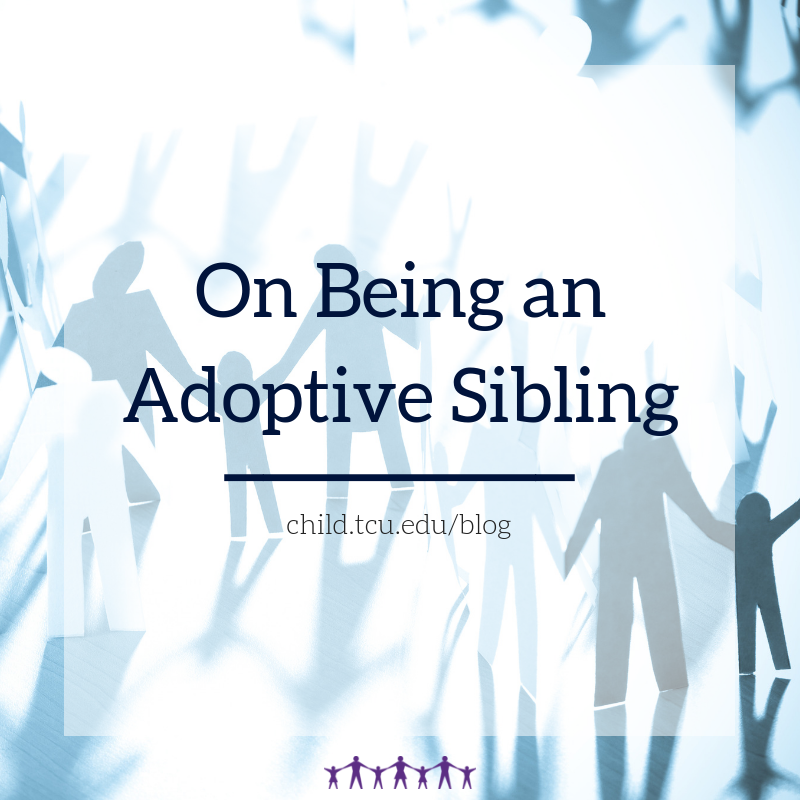 by: Jana Hunsley
by: Jana Hunsley 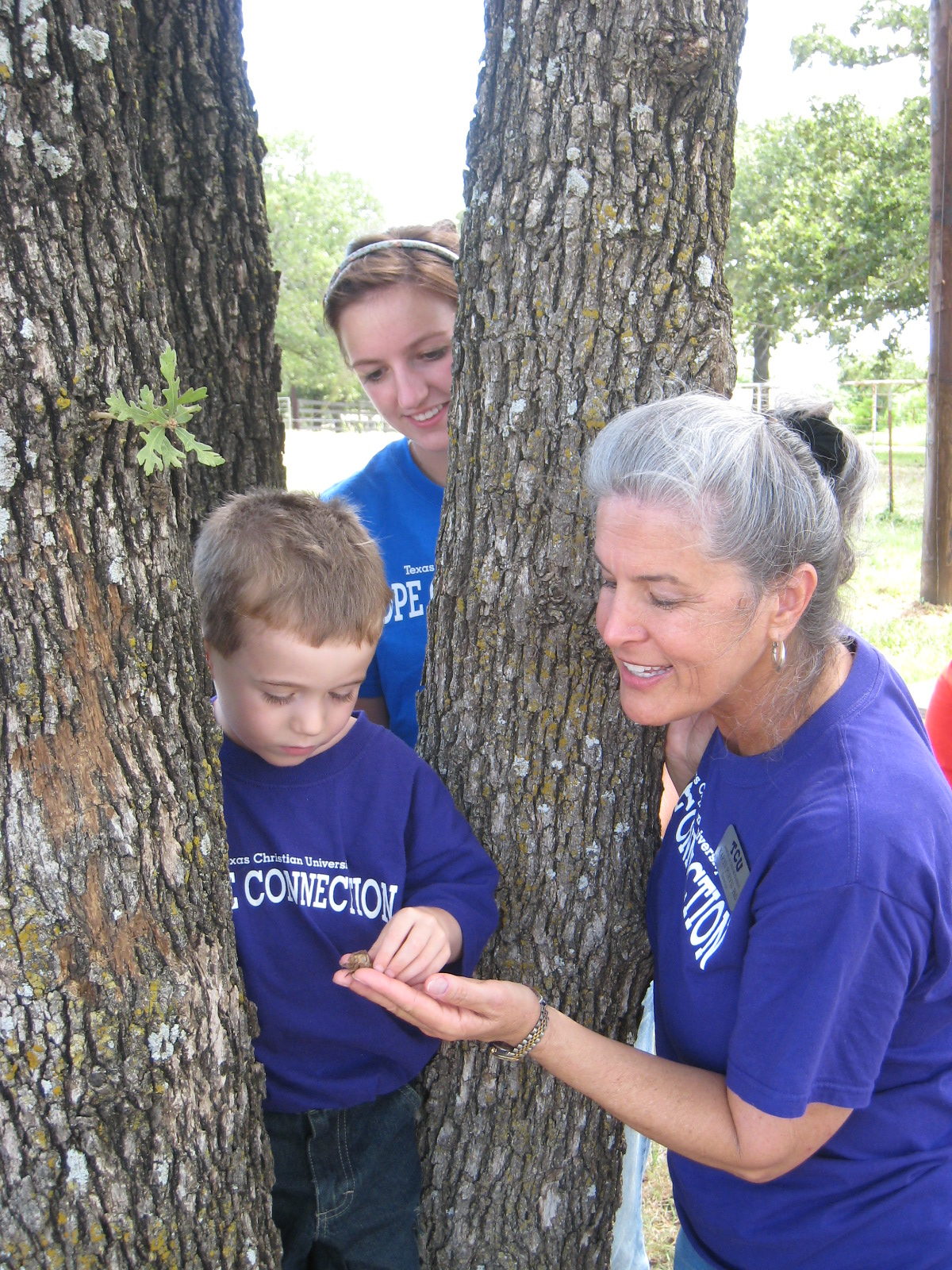 We’re thrilled to announce the release of a new book for parents of children from hard places, co-authored by Dr. Karyn Purvis, the Institute’s late Founder and Director.
We’re thrilled to announce the release of a new book for parents of children from hard places, co-authored by Dr. Karyn Purvis, the Institute’s late Founder and Director.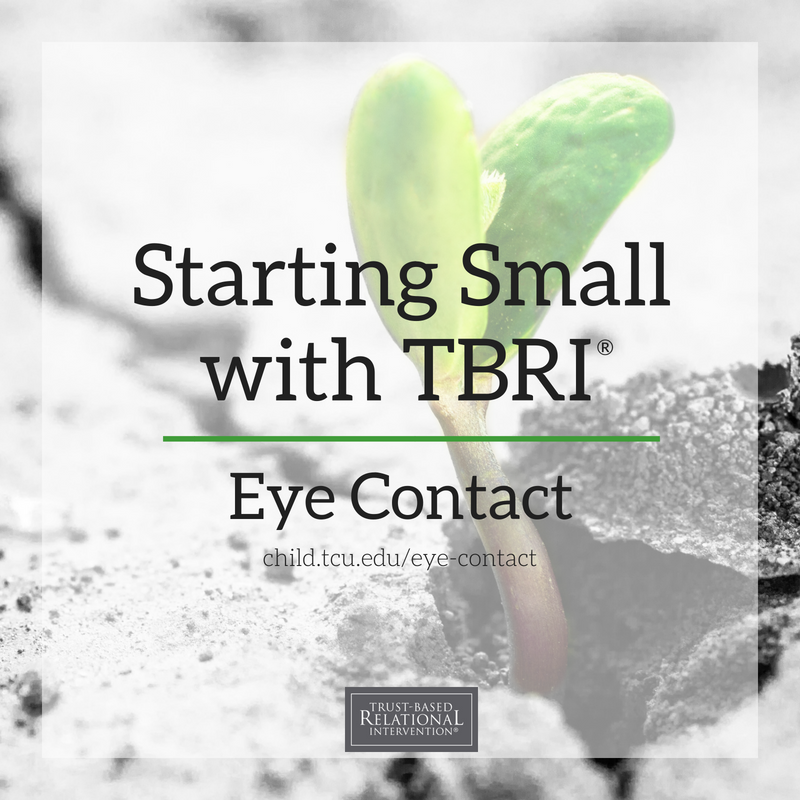 by: Amanda Purvis
by: Amanda Purvis










